Best Cattle Feed Plant Manufacturer in Jaipur, India
At Maha Shiv Shakti Engineers, we pride ourselves on being one of the best cattle feed plant manufacturers in Jaipur, India. With 50+ years of expertise and a commitment to excellence, we deliver high-quality cattle feed plants that meet the diverse needs of our clients across the country. Our plants are designed to enhance efficiency, optimize production, and ensure the consistent quality of feed.
We have a team of experienced engineers and technicians who are dedicated to delivering top-tier manufacturing solutions. We specialize in designing and building fully automatic cattle feed plants that are both energy-efficient and capable of handling large-scale production. Whether you need a plant for a small-scale operation or a large industrial setup, Maha Shiv Shakti Engineers Known as the best automatic cattle feed plant manufacturer in Jaipur has the expertise to deliver.
Our Product
We Provide The Best Product
Different Types of Cattle Feed Plants in Jaipur
Cattle feed plants are essential in animal feed manufacturing, supporting healthy growth and productivity. There are several types of automatic cattle feed plants offered by automatic cattle feed plant manufacturers in Jaipur, each designed for specific production needs, levels of automation, and capacities. Here, we’ll explore the most common types of cattle feed plants and how they can benefit various farming operations.
1. Small-Scale Cattle Feed Plants
Small-scale cattle feed plants are ideal for smaller farms and businesses, providing an affordable solution for producing high-quality feed on a smaller scale.
- Features: Compact design, easy to install, and low power consumption.
- Benefits: Cost-effective, easy to operate, and suitable for producing custom blends for small herds.
- Best For: Small farmers or startup businesses looking for an economical feed production option.
2. Medium-Scale Cattle Feed Plants
Medium-scale feed plants cater to medium-sized farms and businesses. They have higher production capacities than small-scale models and are often semi-automated for greater efficiency.
- Features: Semi-automated, moderate production capacity, and reliable machinery.
- Benefits: Increases feed production, is suitable for growing farms, and reduces labor costs.
- Best For: Farms or businesses aiming to scale up feed production without investing in fully automated systems.
3. Large-Scale Cattle Feed Plants
Large-scale feed plants are designed for large farms or commercial feed production, capable of producing feed in high volumes with full automation.
- Features: High production capacity, advanced automation, and energy-efficient machinery.
- Benefits: Maximizes feed production, consistent quality, and lower per-unit costs.
- Best For: Large commercial farms or feed companies needing continuous, high-volume production.
4. Fully Automated Cattle Feed Plants
Fully automated plants use advanced technology to streamline the feed production process from raw material intake to packaging. These systems are ideal for large operations needing minimal manual intervention.
- Features: Complete automation, remote monitoring, and precise control over mixing and pelletizing.
- Benefits: Saves time and labor, reduces human error, and ensures uniform feed quality.
- Best For: High-capacity operations seeking maximum efficiency and product consistency.
5. Portable Cattle Feed Plants
Portable feed plants offer flexibility for farmers who need on-site feed production. These plants are mobile, allowing them to be relocated easily within a farm or to multiple locations.
- Features: Mobile, compact, and easy to set up.
- Benefits: Flexible feed production, reduces transportation costs, and is ideal for remote farms.
- Best For: Farmers in remote areas or those requiring feed production at different locations.
6. Customized Cattle Feed Plants
For farms with unique feed requirements, customized cattle feed plant manufacturers in India offer tailored solutions, allowing specific feed formulations and production capabilities.
- Features: Customizable machinery, adjustable feed formulations, and modular design.
- Benefits: Meets unique nutritional needs, scalable, and adaptable to various production sizes.
- Best For: Farms with specific feed requirements or those focused on organic or specialized feed production.
Benefits of Our Cattle Feed Plants
Our cattle feed plants are designed with advanced technology and high-quality materials to provide superior feed production solutions. Focusing on efficiency, durability, and customization, cattle feed plant manufacturers in India offer numerous benefits to help farms and feed businesses optimize their operations.
- Enhanced Feed Quality: Our cattle feed plants produce consistently high-quality feed that meets nutritional standards, promoting better livestock health.
- Cost-effective Production: Our cost-effective cattle feed plant reduces production costs by minimizing waste, using energy-efficient technology, and optimizing ingredient usage.
- Increased Production Capacity: Our plants offer scalable solutions for various production needs, from small-scale to large commercial operations.
- Customizable Feed Formulations: Our feed plants enable precise control over feed formulations, allowing you to tailor nutrient content based on livestock needs.
- Reduced Labor and Manual Effort: Automation and user-friendly design reduce the need for manual labor, making feed production more efficient and less labor-intensive.
- High Durability and Low Maintenance: Our cattle feed plants are built to withstand heavy use, ensuring longevity and minimal maintenance.
- Environmentally Friendly: Our plants incorporate energy-efficient technologies and sustainable practices to minimize environmental impact.
- Comprehensive After-Sales Support: We provide full support after installation, including training, maintenance services, and troubleshooting assistance.
Why Choose Us as the Best Cattle Feed Plant Manufacturers in India
As one of the trusted cattle feed plant manufacturers in Jaipur India, we offer both manual and automatic cattle feed plant solutions tailored to your specific requirements. Our state-of-the-art technology ensures that each plant we build is efficient, durable, and easy to operate. We understand the importance of cost-effectiveness, which is why we provide competitive cattle feed plant prices in India, ensuring you get the best value for your investment.
Our commitment to quality, innovation, and customer satisfaction has earned us the trust of clients nationwide. When you choose us, you're choosing a manufacturer who is dedicated to your success.
If you're looking for the best automatic cattle feed plant manufacturer in India, look no further than Maha Shiv Shakti Engineers. Contact us today to learn more about our products, get a quote, or discuss how we can help you with your cattle feed machine needs.
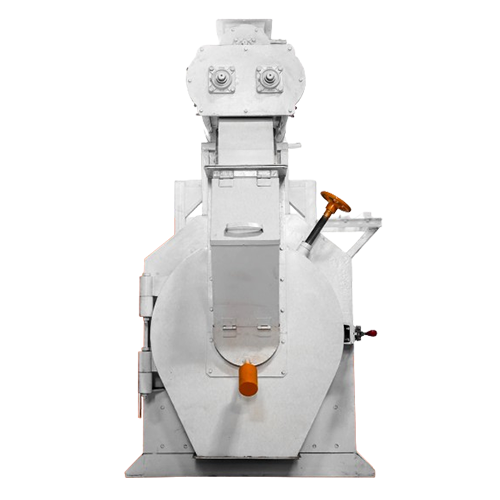
.png)
.png)
.png)
.png)
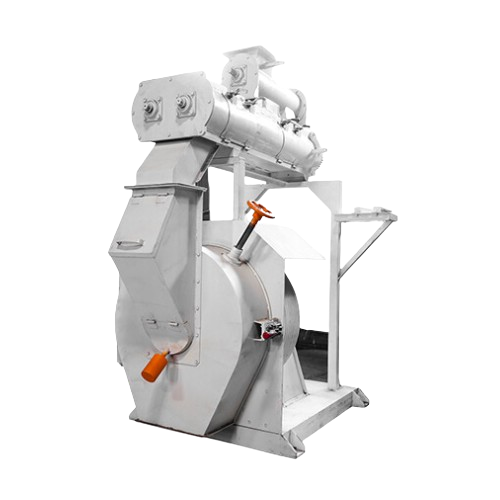
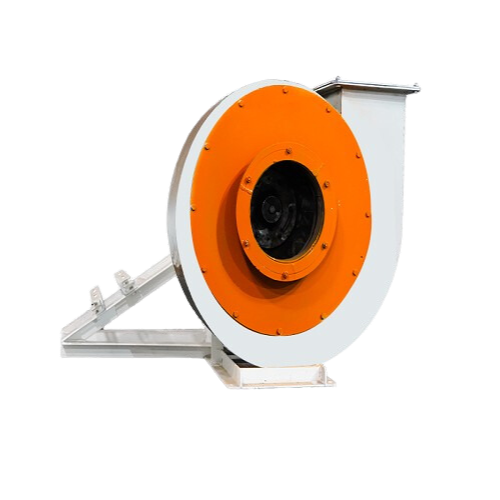
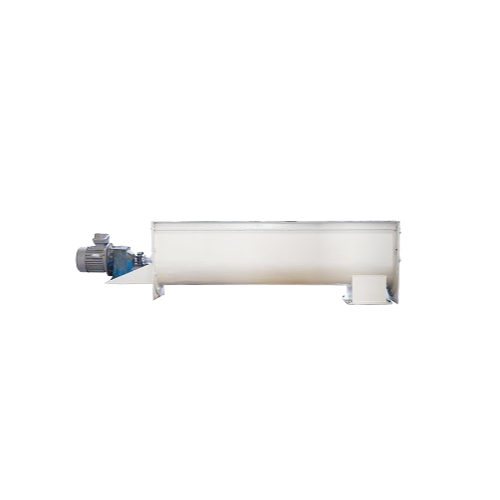
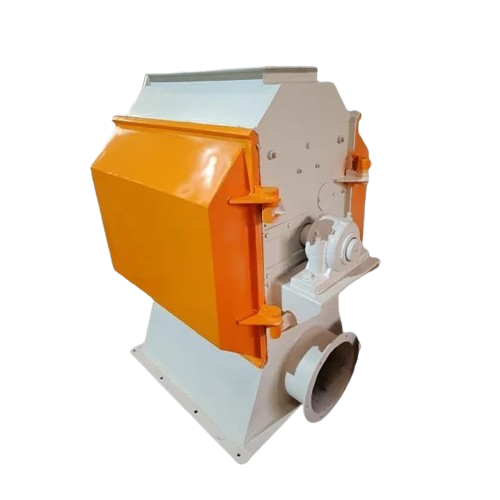
.png)
1.png)
2.png)
3.png)
21.png)

